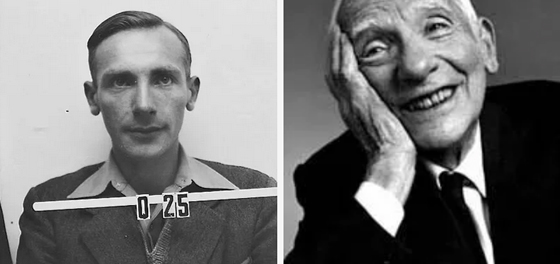Reprinted with permission from Greg Mitchell’s newsletter Oppenheimer: From Hiroshima to Hollywood.

Seventy-eight years have now passed since the United States initiated a policy known as “first use” with its atomic attack on Hiroshima. Three days later, on August 9, 1945, it was affirmed with a second detonation over the city of Nagasaki. No nuclear attacks have followed since, although many Americans are probably unaware that this first-strike policy very much remains in effect.
And that’s a problem.
The policy signals that any U.S. president has the authority to order a pre-emptive nuclear strike—not merely in retaliation if and when missiles start flying in our direction. Our warheads could be launched in defense of allies, after the onset of a conventional war involving our troops (think: Iraq, 2003) or in response to a bellicose threat posed by a nuclear (e.g., North Korea) or not-yet-nuclear state (e.g., Iran).
Continue reading “Dangerous ‘First Strike’ Nuclear Policy Adopted in 1945 Still Exists Today”




